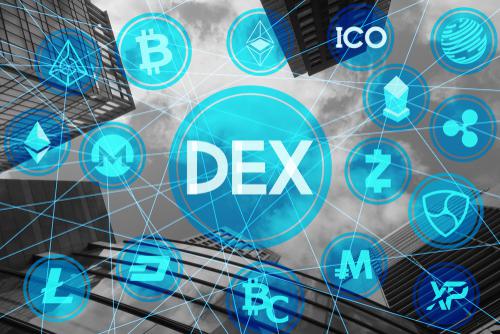DEX (Decentralized Exchange) Definition
What is a Decentralized Exchanges?
A decentralized exchange (DEX) is a trade market where trades happen peer-to-peer rather than through a third party. A traditional centralized exchange uses intermediaries to match users wanting to buy and sell cryptocurrencies. In a decentralized exchange, transactions happen directly between users, with individual agreements on price once matched. An automated program allows the trade to occur, removing the need for a middleman. Although decentralized exchanges remove the need for a third party, they do not offer opportunities for margin trading or stop losses.
Key Elements of Decentralized Exchanges
Benefits of a decentralized exchange include greater privacy, protection from hacks, and trader control of personal funds. Decentralized exchanges do not require users to disclose their identity unless initiating a bank transfer, which protects privacy and ensures anonymity. Transactions only go through once validated on the blockchain, preventing possibilities of internal theft.

In a DEX, there is no central server with the possibility of being hacked, as decentralized nodes control information and trades. Since DEX are trustless, users always have complete control and security of their personal wallet and private keys. While centralized exchanges collect user fees, DEX has low or nonexistent fees, depending on the platform.
However, decentralized exchanges often have low liquidity, slow trading speed, and only basic functionality. Because DEX accounts for only 0.03% of cryptocurrency trading volume in the world, the small trading audience means low trading volume. Decentralized exchanges are notoriously difficult for beginners to use, which steers many users to the more common centralized exchanges. Decentralized exchanges are also not ideal for traders wanting to capitalize quickly on the market, because of slow trade times.
Examples of decentralized exchanges include Altcoin, CryptoBridge, and Bisq. As blockchain technology continues to develop, the functionality and speed of decentralized exchanges should experience subsequent growth.
